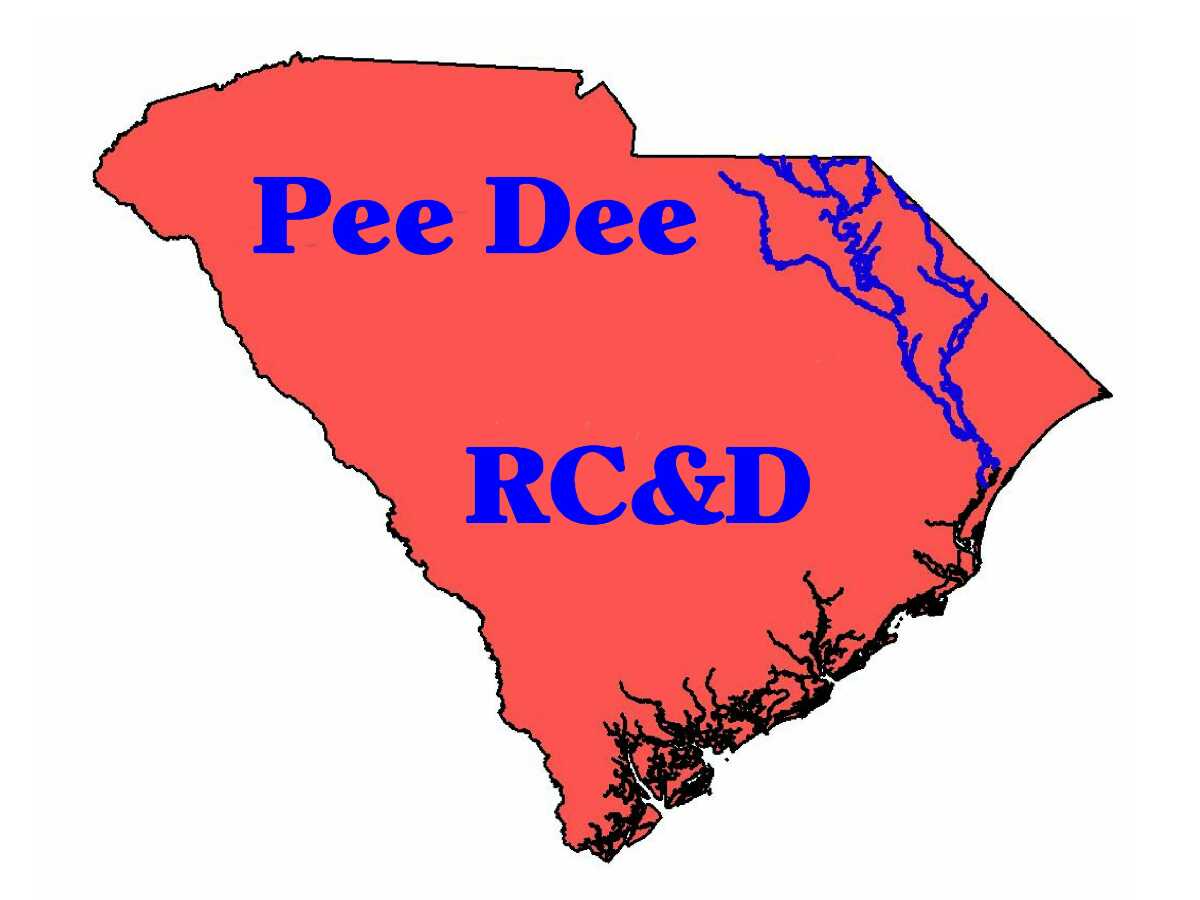Links

Director
|

Questions and Answers
What is RC&D?
RC&D stands for Resource Conservation and Development. Specifically, an RC&D Area,
usually covers several counties, in which residents work to improve their economy and the
environment through the conservation, development, and better utilization of their natural
resources. RC&D places heavy emphasis on natural resources. Local individual projects can
include training programs or historical preservation.
Why the emphasis on natural resources?
Utilization of the resources at hand, both natural and human, is central to the RC&D approach.
Many resources are renewable--that is, they continue to replenish themselves if managed
properly. Communities can acquire immediate benefits from developing such resources, and
continue to have the same or greater benefits year after year by conserving the resources as they
develop them.
How can resource development provide more jobs for area residents?
Either by expanding the existing economy or by stimulating new economic growth. Irrigation, for
example, can add millions of dollars to farm income in some areas. Developing a dependable
water supply, or protection from flooding, allows new industries to locate. The resultant factory
payroll supports additional jobs in the service industries. By improving the economy, the
environment, and the community facilities, an RC&D Area becomes a place where people are
able to work and want to live.
Is RC&D a federal program or a local one?
Local. Decisions are made by the local RC&D council which is made up of members representing conservation
districts, county governments, municipalities, state agencies, comprehensive planning agencies,
and local, non-profit organizations. But RC&D Councils also receive federal funds and technical
assistance. Leadership within the U.S. Department of Agriculture (USDA) for the RC&D
program is provided by the Natural Resources Conservation Service.
How do citizens contribute to planning?
Resource committees are composed of area citizens. Often, resource committees are set up
on a county basis. Whether or not private citizens are members of one of these committees, they
can contribute their knowledge and opinions. They can explain what they see as their problems
and opportunities, and what they want to do about their community's future. For that matter, so
can newspapers and radio stations, service clubs, farm organizations, forestry associations, youth
groups, chambers of commerce, historical societies, garden clubs, schools--anyone with
something to contribute, anyone with civic pride and an interest in his/her community. Local
residents know best what they need, want, and can achieve. It's their community!
What projects can be included in an RC&D Annual plan?
Just about anything. Some projects deal with problems most areas face. Other projects reflect
the character and needs of a specific area. An RC&D Council can even support the project of
some other agency or group. For example, if a county historical society wants to declare a
location as a historical site, the RC&D Council can adopt a resolution supporting the historical
society's proposal. Projects like these reflect the individual character of that area. They also
reflect participation of local leaders and citizens in RC&D planning.
What is USDA's objective in assisting RC&D projects?
RC&D Areas fit into the Department of Agriculture's main objectives. By helping local residents
conserve, develop, and better utilize their natural resources, USDA helps bring about:
quality in the natural resource base for sustained use
quality in the environment
quality in the standard of living, based on community improvement and adequate income
Achievement of these three goals for all Americans is a mission of the
Natural Resources Conservation Service (NRCS).
_______________________________________________


|
Please email
us with your comments, suggestions, or
questions.
|
Copyright (c) 2000 Pee Dee Resource Conservation and
Development Council.
This page was last updated on May 29, 2008
_______________________________________________
Webmaster
|